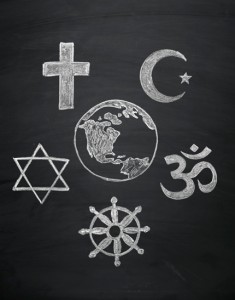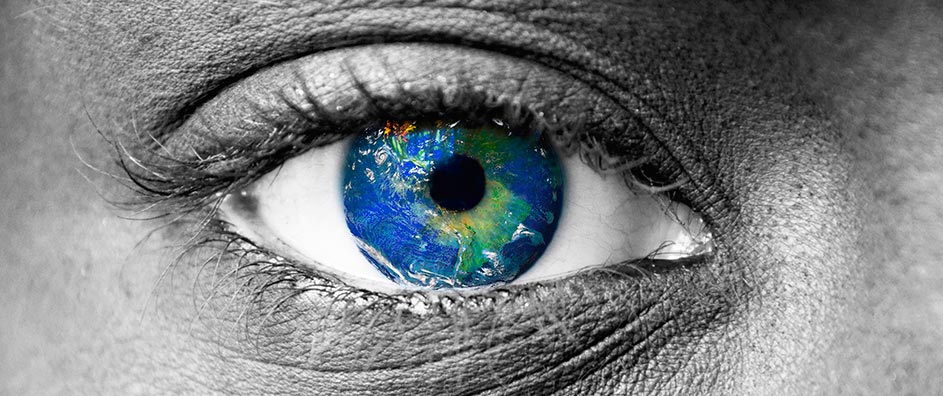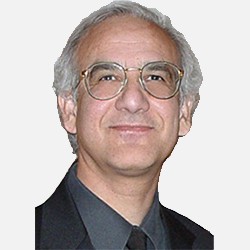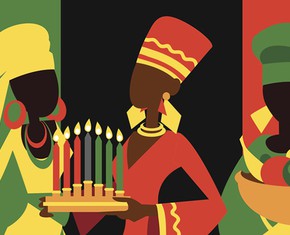The views expressed in our content reflect individual perspectives and do not represent the authoritative views of the Baha'i Faith.
The solution to the fundamental paradox of human existence, the Baha’i teachings say, is the revelation of the divine from the supreme prophets and messengers in each age.
For Baha’is, all beings are signs and indications of the divine. The human mind can only understand the realm of the appearance, the realm of prophets, the realm of the phenomena. However, by divine decree mediation between God and humans does exist in the realm of those supreme messengers of God in whom the invisible becomes visible. These prophets of God, who appear in each age in accordance with the concurrent stage of human development, exemplify the highest perfections and the actualization of the divine signs latent in all humanity.
The second level of unity is precisely related to the realm of the messengers of God. According to Baha’u’llah, all divine messengers and prophets—like Krishna, Buddha, Moses, Jesus, Muhammad, the Bab, and Baha’u’llah—are in fact one and the same essence.
 Baha’u’llah taught the unity of all messengers of God and the unity of all religions. He argued that the truth and the purpose of all religions are the same—divine revelation is one, but it takes different forms in accordance with the stage of development of human cultures and their specific historical and social needs. Baha’is believe that the teachings of all religions therefore are equally valid and true.
Baha’u’llah taught the unity of all messengers of God and the unity of all religions. He argued that the truth and the purpose of all religions are the same—divine revelation is one, but it takes different forms in accordance with the stage of development of human cultures and their specific historical and social needs. Baha’is believe that the teachings of all religions therefore are equally valid and true.
Divine messengers, Baha’u’llah wrote, are spiritual physicians who prescribe different medicine depending on the specific illness of their patients—and of the world at the time. All those medicines are equally necessary for the well-being of humanity. However, the medicines must change in accordance with the change in illness. It is for this reason that Baha’u’llah talked about “progressive revelation” while emphasizing the unity of divine revelation.
Similarly, Baha’u’llah used the metaphor of the sun and horizons to convey the same idea. The divine reality of all different prophets of God is one and the same, like the same sun which appears each time from a different point on the horizon. Therefore, what differentiates Jesus and Buddha is not their essential reality—but only their human appearance. They are different dawning-points from which the same divine reality shines over the hearts of humanity.
Baha’u’llah’s message initiated a revolution in religious thought and practice. He simultaneously eliminated the causes of religious discord and rejected religious traditionalism, arguing for the thesis of progressive revelation and the renewal of divine teaching corresponding to the stage of the development of human culture. We have here something entirely new: a religious outlook which is both a metaphysics of love and a metaphysics of sociocultural progress and advancement.
Following the two previous levels of unity, Baha’u’llah also spoke of the unity of humankind—a metaphysical and essential reality and truth. It means that all humans are endowed with the reflection of divine attributes in their beings. Baha’is see the human soul as a mirror of divine attributes—a sacred reality. The task of humanity, therefore, is to purify the mirror of their existence so that the divine unity will become visible at individual, social, cultural, economic, political, and intellectual levels of human reality.
In other words, the realization of the divine in human life is not conditioned on flight from social and cultural life and avoidance from participation in the advancement of human civilization.
On the contrary, the Baha’i teachings say the divine essence of humanity can only be realized through history, human civilization, and social progress. Therefore, the spiritual challenge of humanity is to create moral, spiritual, social, economic, and political culture and institutions which make it possible for the latent, sacred unity of humankind to be realized in their actual life, and in the midst of the diversity of individuals and cultures.
This unity in diversity represents the forward movement of a lengthy historical process. Up to the present, the unity of humanity had been expressed only in limited and particularistic ways. National unity, so far, has been the ultimate achievement of human unity. However, Baha’u’llah taught that today the historic mission of humanity involves achieving the oneness of humankind on a global stage, and in a higher form of culture and institutions which would reflect the equality and unity of all human beings. Baha’u’llah’s concept of the coming of age of humanity is precisely this same process of the manifestation of love and unity at the global institutional level:
We desire but the good of the world and the happiness of the nations …. That all nations should become one in faith and all men as brothers; that the bonds of affection and unity between the sons of men should be strengthened; that diversity of religion should cease, and differences of race be annulled—what harm is there in this? … Yet so it shall be; these fruitless strifes, these ruinous wars shall pass away, and the ’Most Great Peace’ shall come …. These strifes and this bloodshed and discord must cease, and all men be as one kindred and one family … Let not a man glory in this, that he loves his country; let him rather glory in this, that he loves his kind …. – Baha’u’llah, The Proclamation of Baha’u’llah, p. viii.
You May Also Like
Comments

















This comment section won't let me post links, but you can find a document titled
"Progressive Revelation by Robert Stockman" on bahai-library(dot)com for more information
bahai-library.com/stockman_encyclopedia_progressive_revelation